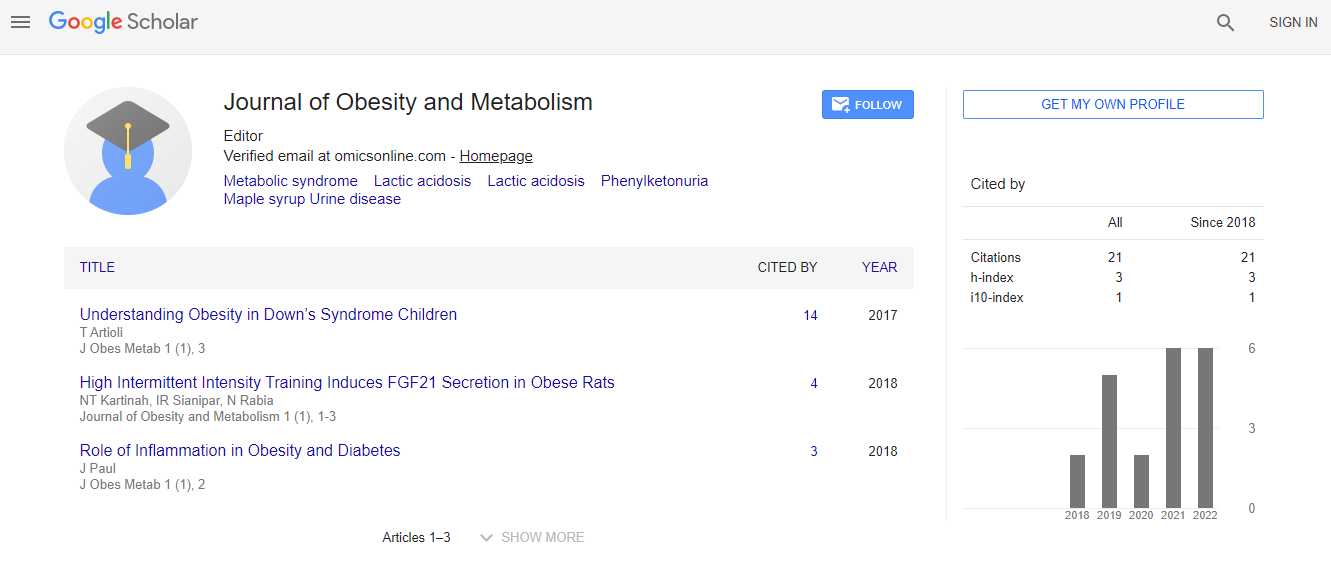Self-Regulation and Management of Child Obesity
*Corresponding Author:
Copyright: © 2020 . This is an open-access article distributed under the terms of the Creative Commons Attribution License, which permits unrestricted use, distribution, and reproduction in any medium, provided the original author and source are credited.
Abstract
Failure in self-regulation has been proposed as a moderator in the development of overweight and obesity, primarily through its effects on deregulated eating behavior. As a result, it might cause regulatory problems in the energy balance, as well as rapid weight gain from early childhood through adolescence. Self-control is the exertion of control over the self by the self. Self-control occurs when a person (or other organism) attempts to change the way he or she would otherwise think, feel, or behave. Thus, self-control may be view as part of selfregulation. Parents and health care providers face the challenge of helping children practice regulation and develop coping skills alongside the ability to take care of their own well-being. This paper attempts to bridge the gap between self-control theories and interventions for the management of childhood obesity. The dietary restriction approach will be compared with the trust paradigm, which emphasizes children’s internal hunger, satiety cues and a division of responsibilities between parents and children. The term self-regulation refers to the cognitive processes that govern drives and emotions [1]. Self-control refers to the ability to deliberately regulate one’s emotions, urges and desires and can be viewed as aspect of self-regulation.

 Spanish
Spanish  Chinese
Chinese  Russian
Russian  German
German  French
French  Japanese
Japanese  Portuguese
Portuguese  Hindi
Hindi 